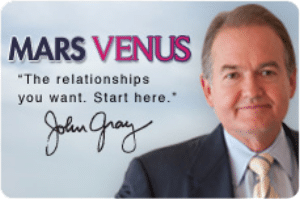The International Coach Federation surveyed 210 coaching clients for demographic data and feedback /opinions about the value and use of coaching. Of these respondents, 197 were employed professionals. All had a formal, on-going relationship with a coach with an average duration of 9 months. Over 80% of the respondents had undergraduate degrees and over a third had Master’s degrees or higher.
Value of the coaching investment:
70% “very valuable” and 28.5% “valuable”
Level of confidence in the coach:
50% confide in their coach as much as their best friend, spouse or therapist, 12% confide in their coach more than anyone else.
The main role of the coach:
- 84.8 % sounding board
- 78.1% motivator
- 56.7% friend
- 50.5% mentor
- 46.7% business consultant
- 41% teacher
Typical issues:
- 84.5 % time management
- 74.3% career guidance
- 73.8% business advice
- 58.6% relationship/family issues
- 51.9% physical / wellness issues
- 45.2% personal issues
- 39.5% goal-setting
- 38.1% financial guidance
- 11% creativity
Outcomes attributed to coaching:
- 67.6% higher level of self-awareness
- 62.4% smarter goal-setting
- 60.5% more balanced life
- 57.1% lower stress levels
- 52.9% self-discovery
- 52.4% more self-confidence
- 43.3% improvement in quality of life
- 39.5% enhanced communication skills
- 35.7% project completion
- 33.8% health or fitness improvement
- 33.3% better relationship with staff
- 33.3% better family relationships
- 31.9% increased energy
- 31.9% more fun
- 25.7% more income
- 25.7% stopped a bad habit
- 24.3% change in career
- 22.9% more free time
The survey was conducted by Amy Watson, Principal, PROfusion Public Relations, with survey design assistance by Jackie Rieves Watson, Ph.D., professor of Management and Statistics, Amber University.
An organization operating with a new master paradigm, the Re-Invention Paradigm, by contrast, develops an organizational context that operates from practices designed to invent and commit, the practices necessary to operate in a mode of transformation, declaring the future rather than predicting it, taking a stand rather than generating consensus, making bold promises that you don’t know how to keep.
Ready to take the next step?

